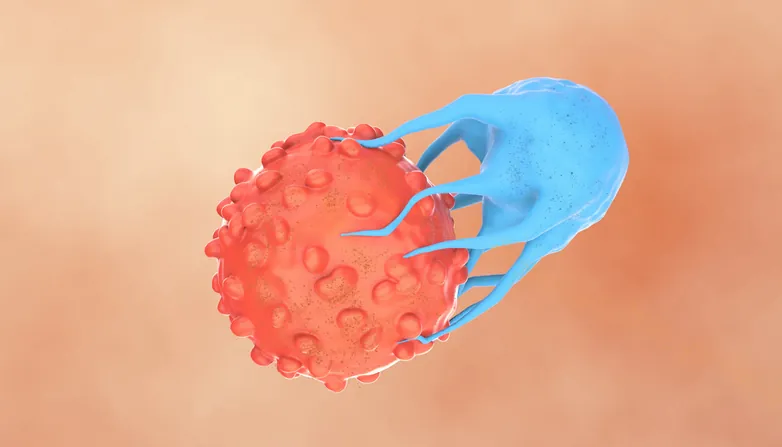
Alarming Surge in Norovirus Cases Across the U.S. – What You Need to Know!
2024-12-31
Author: Li
Introduction
As winter settles across the United States, a significant surge in norovirus cases is raising red flags among health experts. The latest December report from the Centers for Disease Control and Prevention (CDC) reveals a disturbing trend: a spike in outbreaks of this highly contagious stomach bug, which is known to affect thousands annually.
Recent Statistics
This year, the CDC has reported an eye-watering 91 outbreaks of norovirus already documented this month, a sharp increase from the 69 outbreaks reported just the week prior in late November. Such figures are unprecedented, especially given that prior years typically recorded around 65 outbreaks during the first week of December. Norovirus, often mistakenly referred to as the "stomach flu," is notorious for causing acute gastroenteritis—leading to severe diarrhea, vomiting, and abdominal pain.
Symptoms
The symptoms of norovirus can strike unexpectedly, usually manifesting between 12 to 48 hours after exposure. Besides the glaring gastroenteric issues, some individuals may also experience fever, body aches, and headaches, making it a particularly unpleasant illness. The CDC has emphasized that anyone can fall victim to a norovirus infection, especially through direct contact with an infected person or through consumption of contaminated food and beverages.
How Does Norovirus Spread?
The virus spreads rapidly in social settings. You can contract norovirus by caring for an infected individual, sharing utensils or food, or consuming meals prepared by someone who is ill. It can also lurk on surfaces—touching contaminated objects and then failing to wash your hands before eating poses a significant risk.
Annual Outbreaks
Statistically, the CDC reports that the U.S. sees around 2,500 norovirus outbreaks annually, with a notorious peak occurring from November to April. This seasonal pattern suggests that with cold weather, people are more likely to congregate in close quarters—an ideal environment for infectious diseases to thrive.
Preventative Measures
Preventative measures are crucial in combating this virus. Regular and thorough hand washing is your best line of defense. The CDC advises using soap and water for at least 20 seconds, particularly after using the bathroom and before eating.
What to Do If Infected?
If you do contract norovirus, staying hydrated is imperative. Loss of fluids due to diarrhea and vomiting can lead to severe dehydration. Seek medical attention if you experience such symptoms, but remember that the vast majority of patients recover within 1 to 3 days without specific medication.
Conclusion
As we face this winter surge in norovirus cases, staying informed and adhering to hygiene practices can significantly lower your risk. Take precautions yourself and spread the word—let's keep our communities safe from this stomach bug!






 Brasil (PT)
Brasil (PT)
 Canada (EN)
Canada (EN)
 Chile (ES)
Chile (ES)
 Česko (CS)
Česko (CS)
 대한민국 (KO)
대한민국 (KO)
 España (ES)
España (ES)
 France (FR)
France (FR)
 Hong Kong (EN)
Hong Kong (EN)
 Italia (IT)
Italia (IT)
 日本 (JA)
日本 (JA)
 Magyarország (HU)
Magyarország (HU)
 Norge (NO)
Norge (NO)
 Polska (PL)
Polska (PL)
 Schweiz (DE)
Schweiz (DE)
 Singapore (EN)
Singapore (EN)
 Sverige (SV)
Sverige (SV)
 Suomi (FI)
Suomi (FI)
 Türkiye (TR)
Türkiye (TR)
 الإمارات العربية المتحدة (AR)
الإمارات العربية المتحدة (AR)